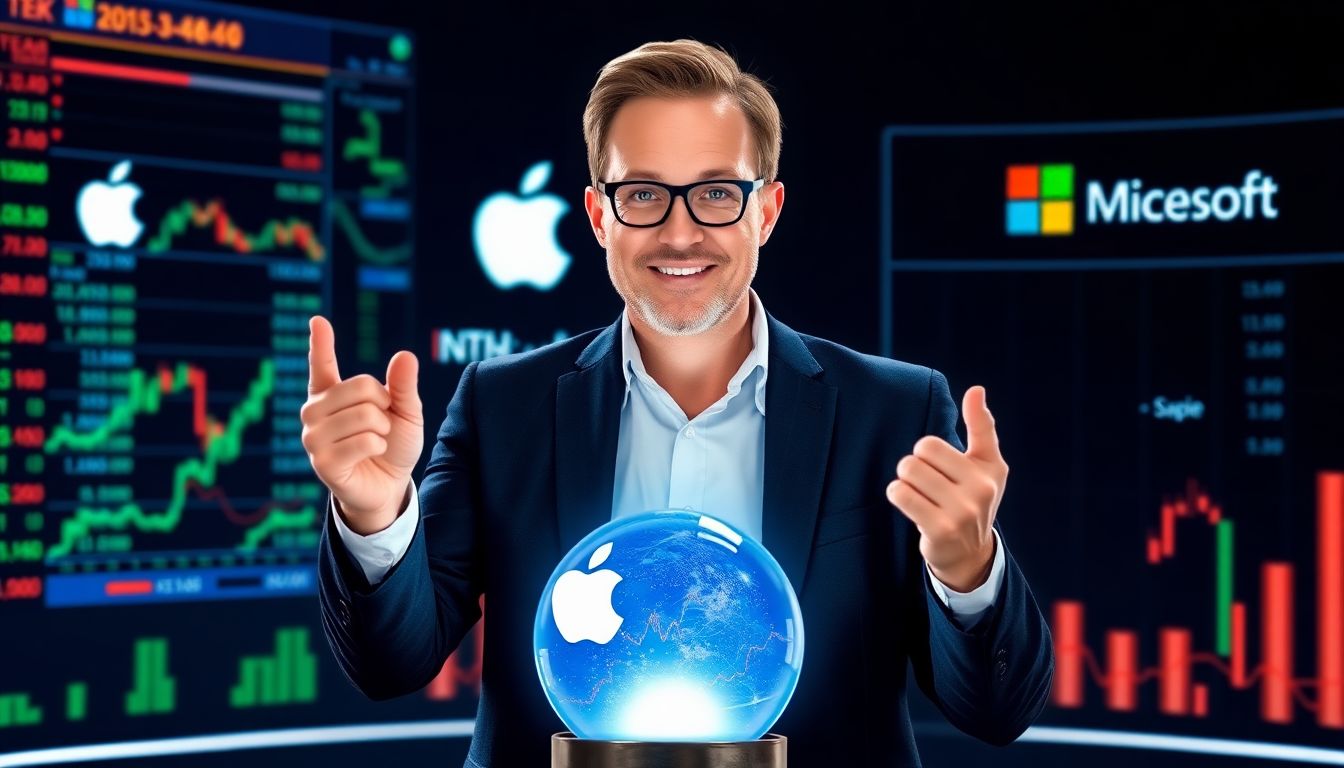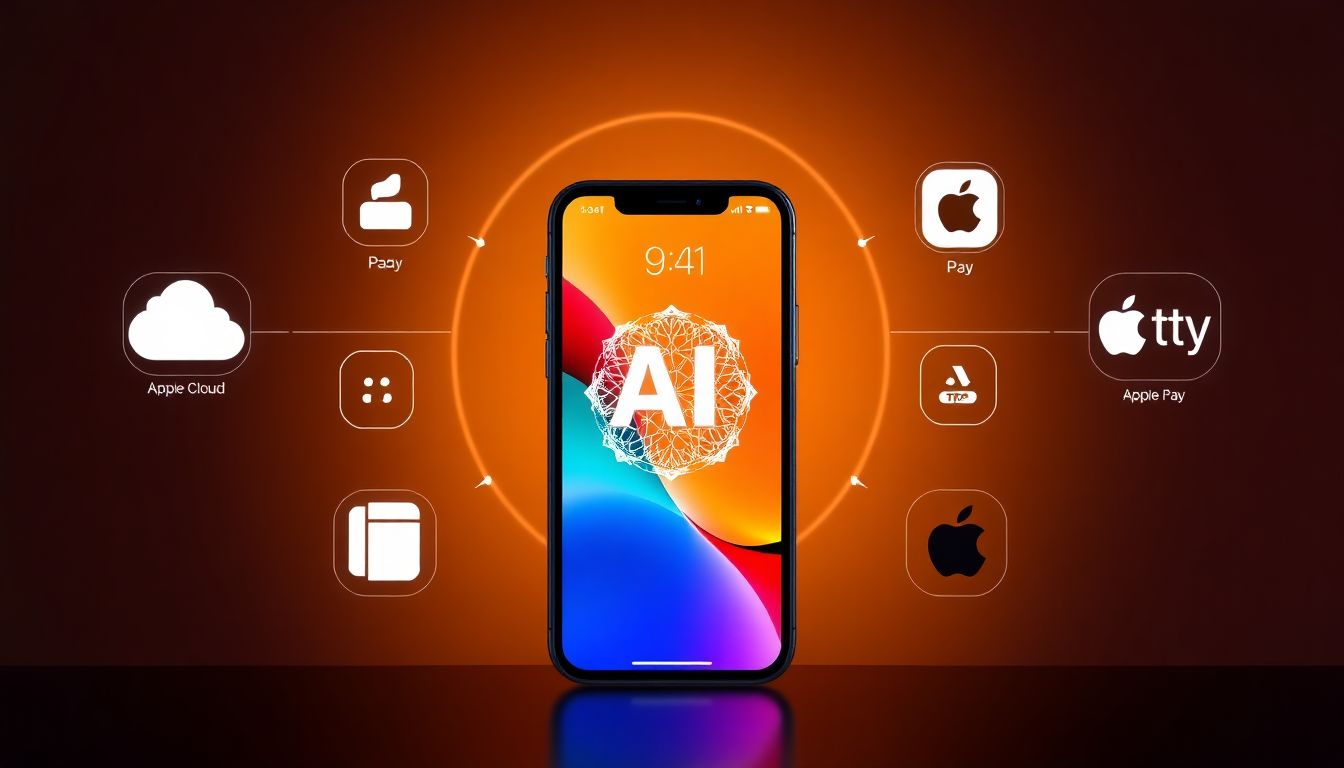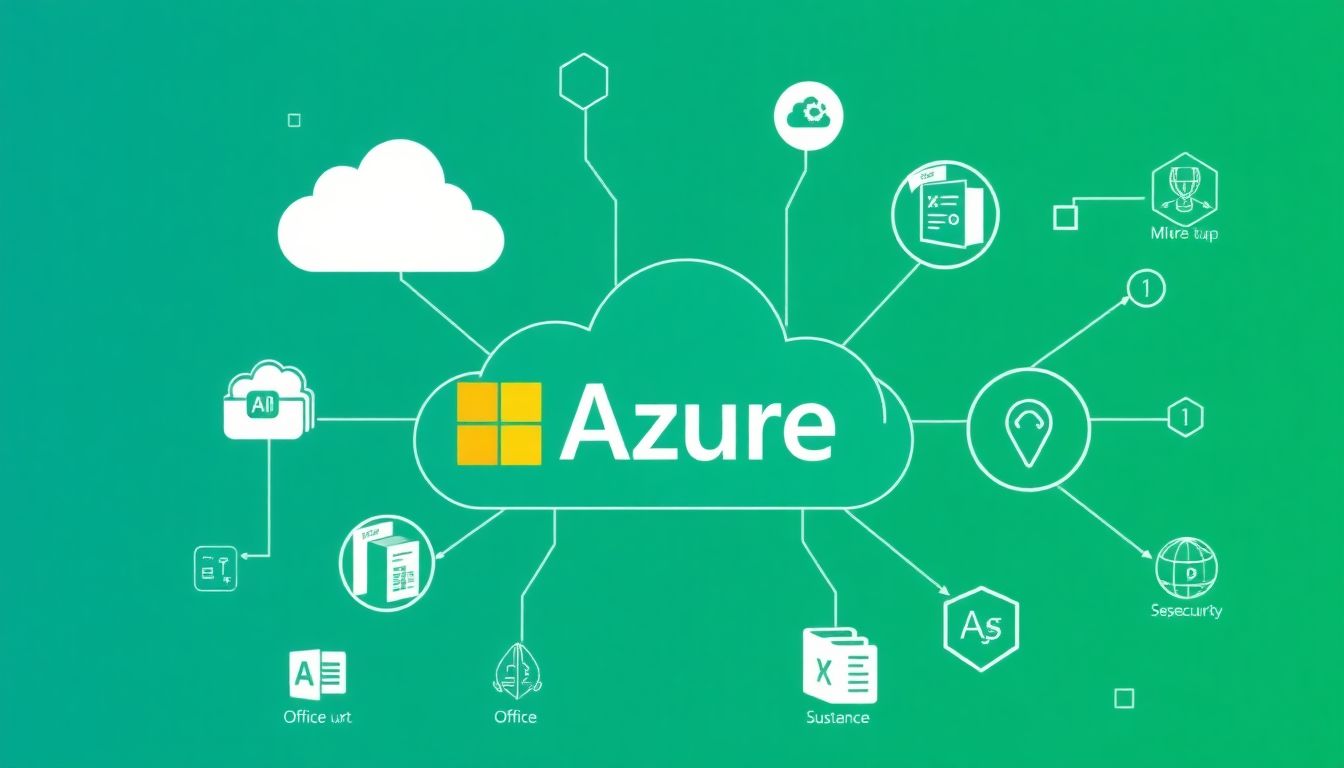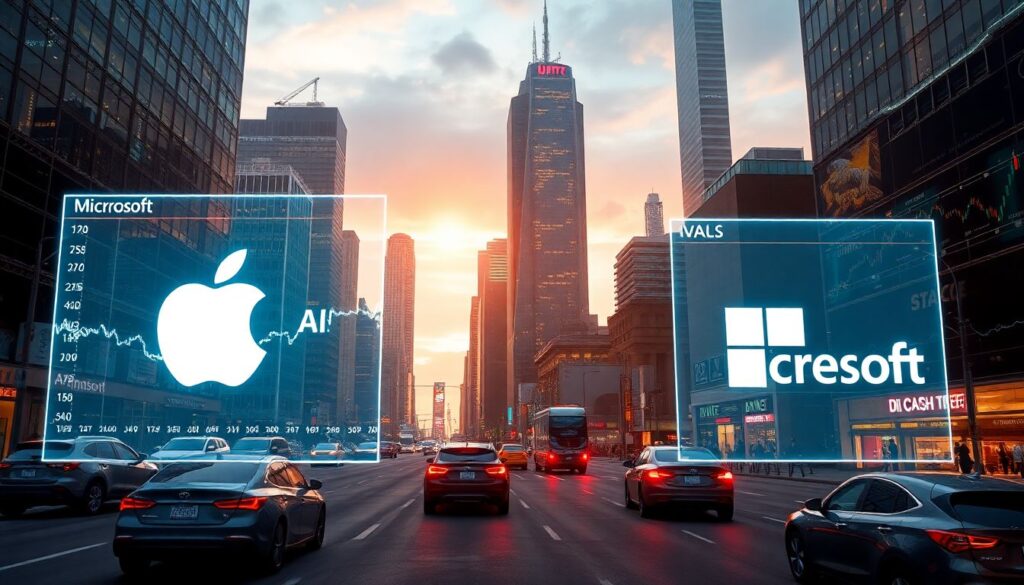Welcome to our insightful exploration of the stock market’s most promising AI-driven opportunities! Today, we’re diving into the world of artificial intelligence stocks, guided by the prescient calls of equity analyst Dan Ives. Known for his accurate predictions, Ives has set his sights on Apple and Microsoft, forecasting their meteoric rise to a $4 trillion market cap by 2025. Join us as we uncover the reasons behind his bullish outlook and what it means for investors.
Dan Ives Predicts a $4 Trillion Market Cap for Tech Giants by 2025
In the heart of the 22nd-century metropolis, skyscrapers of glass and neon stretch towards the heavens, their surfaces ablaze with holographic projections. The city’s financial district is a forest of these colossal displays, flashing real-time stock market charts that twist and contort in three dimensions. Among them, the logos of ancient tech titans Apple and Microsoft loom large, their once-humble fruits and windows now monumental icons of wealth and power. The air is filled with the hum of tiny drones, flitting about like mechanical swallows, as below, self-driving cars glide silently along, their passengers absorbed in the glow of smartphones. AI assistants, evolved far beyond the halting cadences of Siri and Cortana, now manage every aspect of life, from navigation to nutrition, their algorithms invisible and omnipresent.
Surrounding the city, vast data centers loom like industrial cathedrals, their cloud computing capacities almost unimaginable to the minds of a century prior. These are the powerhouses of the modern world, where the digital alchemy of AI occurs, turning raw data into predictive models and automated decisions. They are temples to technology, where silicon brains dream in code, shaping everything from traffic flow to market trends. Yet, amidst this gleaming future, questions linger like shadows. What is the human cost of this relentless innovation? Who profits, and who is left behind? The cityscape, for all its holographic splendor, cannot answer these questions. It merely reflects the ambitions and inequities of an age where technology has become both god and slave, all-powerful yet ever-serving.

Dan Ives: The Oracle of Tech Stocks
Dan Ives, a prominent analyst at Wedbush Securities, has gained significant attention for his tech stock predictions, building a track record that invites both praise and scrutiny.
One of Ives’ notable successes was his bullish call on the Nasdaq Composite during the 2020 market downturn. He accurately predicted that the index would rebound strongly from its March lows, driven by the resilience of tech stocks. Additionally, his optimistic stance on Palantir Technologies (PLTR) proved prescient. Ives initiated coverage on Palantir with an Outperform rating in late 2020, predicting that the company’s government and corporate contracts would drive significant growth. Palantir’s stock subsequently rallied, more than doubling in the following months.
However, Ives’ track record is not unblemished. Some of his calls, such as his bullish stance on Tesla in early 2021, have been less accurate. He predicted that Tesla’s stock would reach $1,000 by the end of 2021, a target that has yet to be met.
Despite this, Ives’ predictions for Apple (AAPL) and Microsoft (MSFT) are worth considering for several reasons:
-
Deep Industry Knowledge:
Ives has extensive knowledge of the tech industry, allowing him to factor in sector trends and company-specific catalysts.
-
Proven Track Record:
His successful calls on the Nasdaq and Palantir demonstrate his ability to accurately predict tech stock movements.
-
Clear Rationale:
Ives’ predictions are backed by detailed analyses, such as his expectation that Apple’s services business and Microsoft’s cloud computing division will drive significant growth.
-
Market Influence:
Ives’ opinions can move markets, making his predictions self-reinforcing to some extent.

Apple: The AI-Driven Renaissance
Apple’s foray into AI, spearheaded by their Apple Intelligence initiative, marks a significant step in the company’s evolution. Apple has historically been known for its hardware innovations, but with the integration of AI, they are poised to transform their ecosystem. Apple Intelligence aims to enhance user experiences across their devices, from iPhones to Macs, by leveraging machine learning and deep learning technologies. This strategic move could drive future growth by making Apple’s products more intuitive and competitive in the ever-evolving tech landscape. Some of the potential benefits include:
- Improved user personalization through predictive analytics.
- Enhanced privacy and security features, aligning with Apple’s commitment to user data protection.
- Innovative applications in health, finance, and productivity sectors.
However, Apple’s AI strategy has not been without skepticism. Critics argue that Apple is lagging behind competitors like Google and Amazon in AI development. Several concerns have been raised:
-
Talent acquisition and retention:
Apple has struggled to attract and retain top AI talent, which is crucial for driving innovation.
-
Data access:
Apple’s stringent privacy policies, while beneficial for users, may limit the data available for training AI models.
-
Integration challenges:
Seamlessly integrating AI into Apple’s existing ecosystem may present technical hurdles.
Despite these concerns, some analysts, such as Dan Ives, maintain an optimistic outlook. Ives believes that Apple’s strong brand loyalty and massive user base provide a robust foundation for AI implementation. Moreover, Apple’s focus on privacy could become a competitive advantage, attracting users who are increasingly concerned about data security. Ives also highlights Apple’s potential in the healthcare sector, where AI could revolutionize health monitoring and diagnostics through devices like the Apple Watch. Nevertheless, Apple will need to address the skepticism surrounding its AI strategy and demonstrate tangible results to justify its valuation and secure future growth.

Microsoft: The Cloud and AI Powerhouse
Microsoft’s stronghold in the software and cloud computing realm is undeniable, with its Azure platform securing a solid second place in the cloud market behind Amazon Web Services (AWS). The company’s strategic partnership with OpenAI has opened new avenues, with the potential of Azure OpenAI being a game-changer. This alliance has not only bolstered Microsoft’s AI capabilities but has also enabled the integration of advanced AI models into Azure’s robust ecosystem.
The integration of OpenAI’s models into Azure has several positives:
- It democratizes access to cutting-edge AI, allowing businesses to leverage these tools without needing to develop them from scratch.
- It enhances Azure’s competitive edge against rivals like AWS and Google Cloud.
- It creates a new revenue stream for Microsoft, as users will likely flock to Azure to access these AI tools.
However, there are potential negatives to consider:
- The reliance on OpenAI’s technology could lead to a form of vendor lock-in, where customers become dependent on Azure for AI services.
- The success of this partnership hinges on the continuous innovation and performance of OpenAI’s models.
Financially, Microsoft has been on a stellar run, with consistent double-digit revenue growth. Its market capitalization has surged past the $2 trillion mark, making it one of the world’s most valuable companies. However, there are valuation concerns. Some analysts argue that Microsoft’s stock price has become overinflated, with its price-to-earnings ratio exceeding historical norms. Yet, bullish predictions from the likes of Dan Ives at Wedbush Securities suggest that Microsoft’s growth story is far from over. Ives predicts that Microsoft could reach a market cap of $3 trillion in the coming years, driven by the continued growth of Azure and the company’s strong position in the enterprise market. Only time will tell if these predictions hold true, but Microsoft’s track record of strategic innovation and solid financial performance suggests that it is well-positioned to maintain its leadership role in the tech industry.
FAQ
What makes Dan Ives’ predictions reliable?
Why is Apple’s AI strategy met with skepticism?
How does Microsoft’s partnership with OpenAI benefit the company?
- Exclusive cloud provider to OpenAI, allowing Microsoft to indirectly monetize ChatGPT usage.
- Enables Azure customers to build generative AI applications with OpenAI models.
- Potential to recoup Microsoft’s $13 billion investment in OpenAI and collect a portion of its earnings once profitable.
